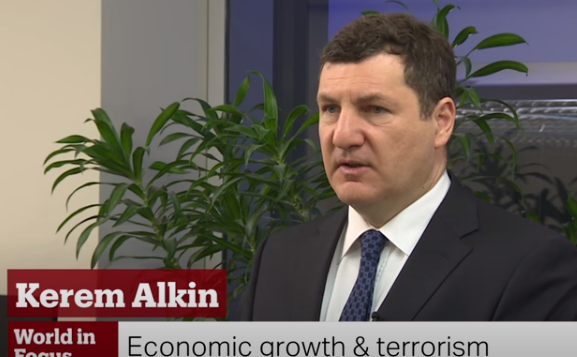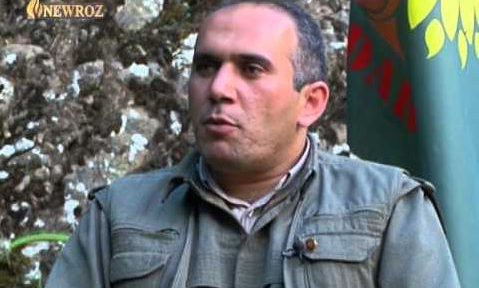The Institute for Economics and Peace says terrorism has killed 10 times more people worldwide in 2014 than it had in 2000. That’s the human cost. But terror also causes a downward pressure on economy. Economic growth & terrorism Terror attacks lead to both short-term as well as medium to long term effects. Tourists usually refrain from visiting a city that’s been attacked. And locals avoid using public transport for a few days. They also tend to temporarily reduce consumption.But terror attacks also lead to increased defence and security spending. And that reduces economic growth.
A recent analysis by Moody’s says that terrorist attacks significantly weaken economic activity, with long-lasting effects. But perhaps worst of all is that the negative economic impact of an attack continues for years. A case in point is Iraq’s economy. Moody’s says had the country been terror free between 2008 to 2013 , its GDP could have been 8.2% higher. Economist Kerem Alkin says decreasing the cost of terrorism would allocate more money to spend on infrastructure – and that would lead to higher growth. And as for economies that depend on tourism…terror attacks can hit even harder.
Recent examples are Egypt and Tunisia. But interestingly, tourists continue to visit the US – even though shootings in the US kill more people a year than terrorism.So the effects MAY vary depending on factors specific to a given country – like the intensity and persistence of terrorist activity or the country’s level of political stability.
Are markets numb to terror? Then there’s the reaction of the markets. After 9/11, Wall Street shut for a week










